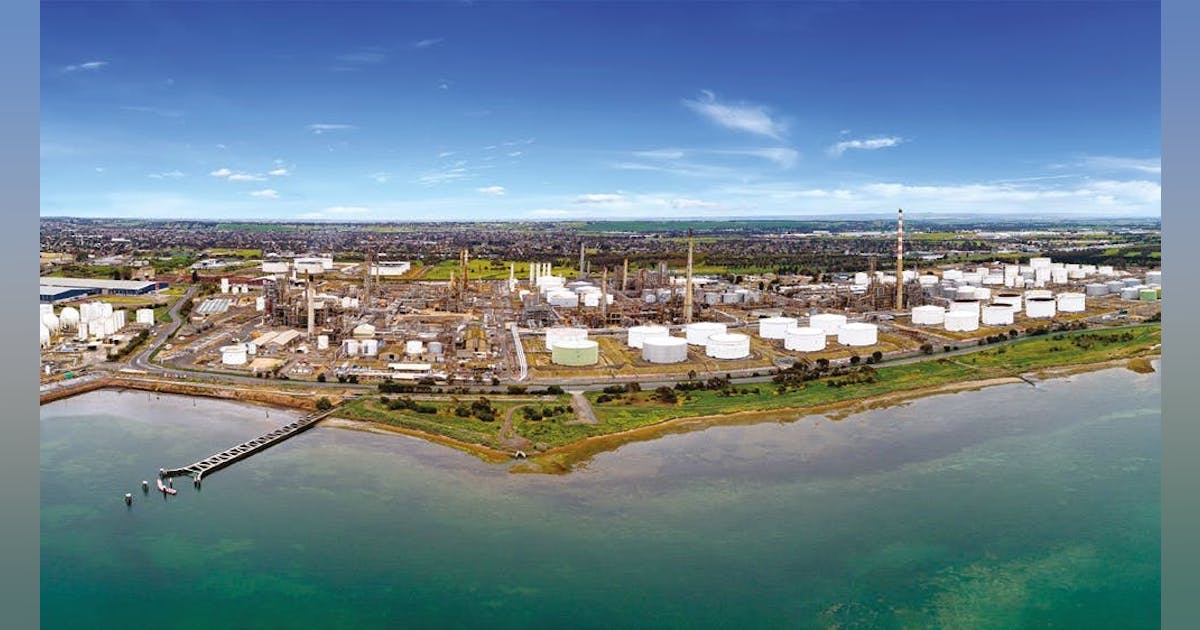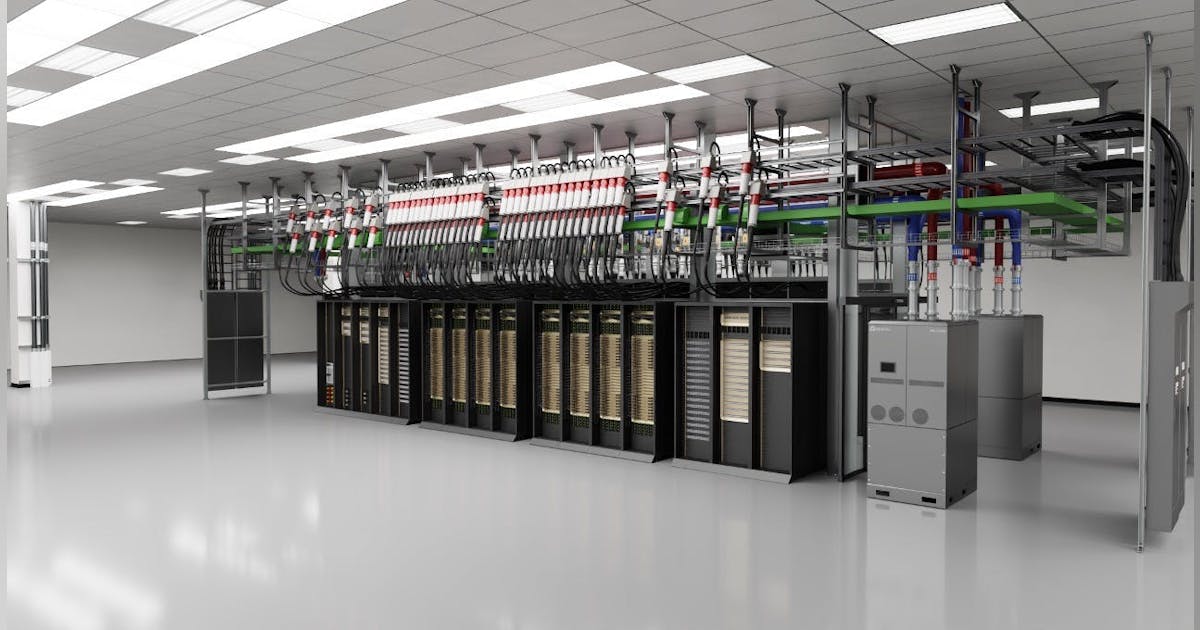
Altera will continue offering field-programmable gate array (FPGA) products across a wide range of use cases, including automotive, communications, data centers, embedded systems, industrial, and aerospace.
“People were a bit surprised at Intel’s sale of the majority stake in Altera, but they shouldn’t have been. Lip-Bu indicated that shoring up Intel’s balance sheet was important,” said Jim McGregor, chief analyst with Tirias Research.
The Altera has been in the works for a while and is a relic of past mistakes by Intel to try to acquire its way into AI, whether it was through FPGAs or other accelerators like Habana or Nervana, note Anshel Sag, principal analyst with Moor Insight and Research.
“Ultimately, the 50% haircut on the valuation of Altera is unfortunate, but again is a demonstration of Intel’s past mistakes. I do believe that finishing the process of spinning it out does give Intel back some capital and narrows the company’s focus,” he said.
So where did it go wrong? It wasn’t with FPGAs because AMD is making a good run of it with its Xilinx acquisition. The fault, analysts say, lies with Intel, which has a terrible track record when it comes to acquisitions.
“Altera could have been a great asset to Intel, just as Xilinx has become a valuable asset to AMD. However, like most of its acquisitions, Intel did not manage Altera well,” said McGregor.





















